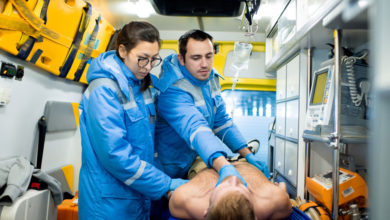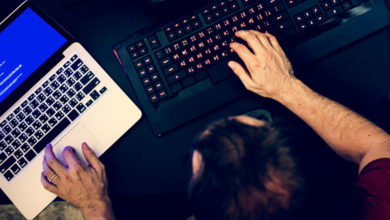When all is said and done, you will look back on your research experience for that one takeaway from all your effort. It’s not always about papers and publications. Read Part 3 of Christopher Yoon’s “undergraduate research” series.
What Lies Beyond the Research
When all is said and done, you will look back on your research experience for that one takeaway from all your effort. Maybe it was a publication or a poster presentation, but it could just as easily be something else. The nature of research requires a different rubric to evaluate its rewards and this is something all professional researchers understand. Without this understanding, they would burn out. For many principle investigators, it is the mentorship of their doctoral candidates that they prize. For others, it may be a special research seminar that they tailored specifically for undergraduates. Then there are those that care deeply for the legacy of their research group. Notice how I never mentioned anything about publications or conferences. What all of these examples have in common, is that they focus on people.
Last time, we talked about some of the common pitfalls you can avoid in order to optimize your research experience. No amount of preparation however, can fully prepare you for the experience ahead. I intended for the guide to act as a cautionary tale straight from my own experiences rather than words to dictate your path into research. So, if we stepped away from all that for a minute and I left you with one, simple piece of advice that would allow your research experience to be worthwhile, what would I say? It would be this: Enjoy the camaraderie of your lab colleagues and be transformed, even a little bit, by the eccentricities they bring. Again, the focus is on people.
[Part 1: 5 Steps to Landing an Undergraduate Research Position]When I look back on my research experience I don’t immediately flash back to presentations or the conferences I attended. I remember my first day, walking in to the tune of “Friday” blasting over the speakers. It was something of a ritual to play that song every single Friday, no matter how dumb it was. As I walked in further, there was a nice road bike to my right that caught my attention. I was always interested in cycling, but I never knew where to start. Little did I know, I would be buying my own road bike in a month and riding through downtown Los Angeles every week with my research mentor hunting for hidden taco trucks on corner streets. I continued to meet my graduate researchers that day, friends who would later share the precariousness of research, their failures, and stories of how they overcame personal obstacles to stand where they were today. After meeting everyone, I had finally come to familiarize myself with some lab equipment, specifically a nitrogen gas line. When I remember that expensive piece of glass however, I don’t see the countless experiments I had performed. Instead I see the time where my mentor stayed with me until 2:00 am to clean up a botched experiment that sent gunk into the entire glass line. These memories may seem random, but you too will find that your most poignant moments will often involve the people you work with.
[Part 2: Common Pitfalls to Avoid in Undergraduate Research]Before I joined my lab I knew nothing about tissue engineering, publishing papers, and the complicated life of being just on the cusp of something great with every experiment. But, I also knew nothing about cycling, good tacos, industry research, traveling in Japan, and countless other experiences before meeting my research group. Okay sure, who really needs to know any of that stuff? I admit, you don’t need to know any of these things. However, you will find professional research incredibly difficult without the opportunities these topics open up with your colleagues. So, I encourage you to really make that effort to grow close with your graduate students and peers, whether it is through potluck dinners, intramural sports, movie outings, or other hobbies, it is these interests, not experiments, that will keep your team connected. Research experience is invaluable mostly because of what it teaches you about building relationships, a key skill for any physician. If you have a bad day in the lab, make sure that the one thing you can leave with is a good conversation with your friends. I promise if you keep this attitude it will make the lab seem a lot less intimidating and your mistakes much more manageable, which is important for continuing great research at any lab.



